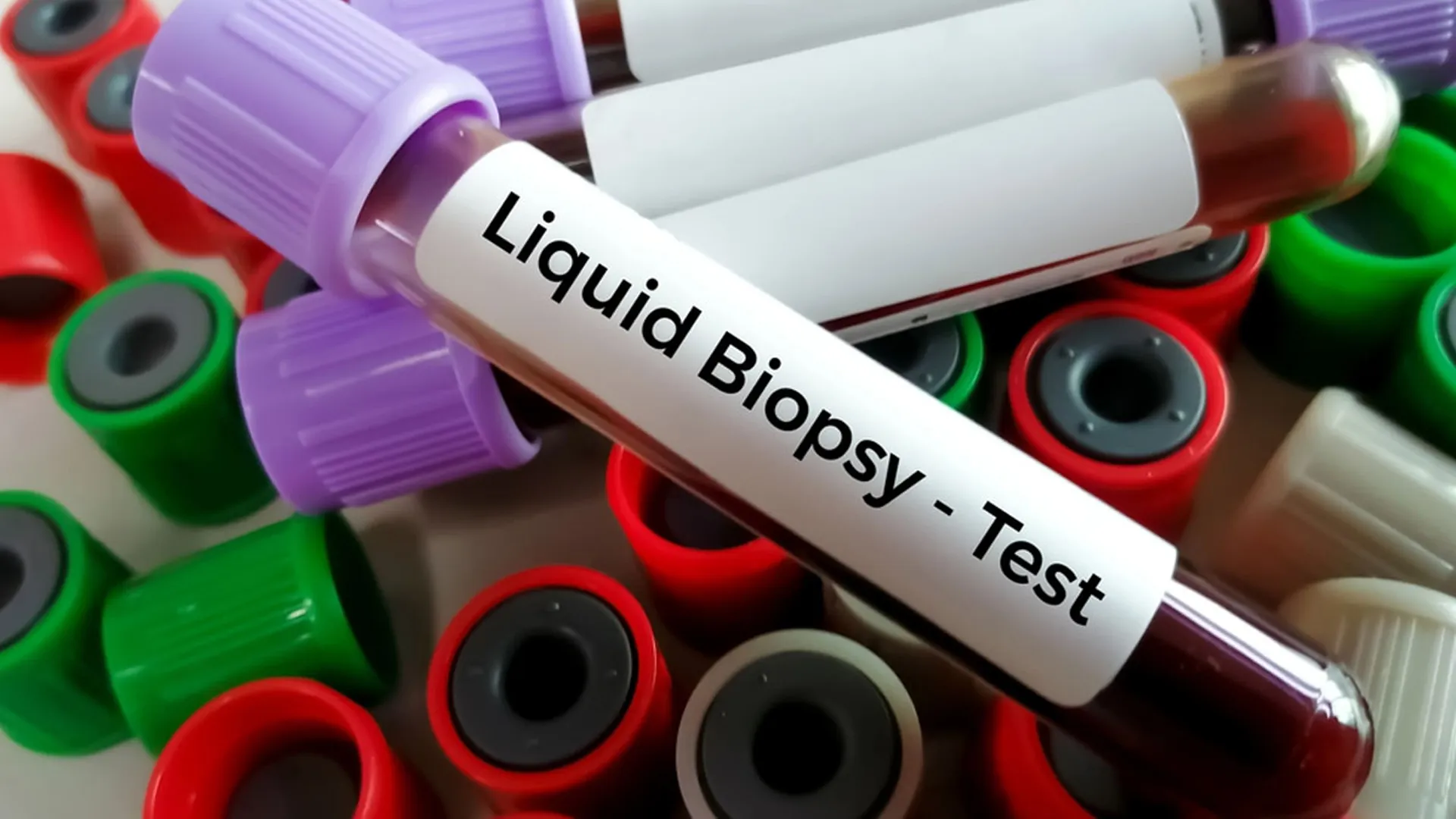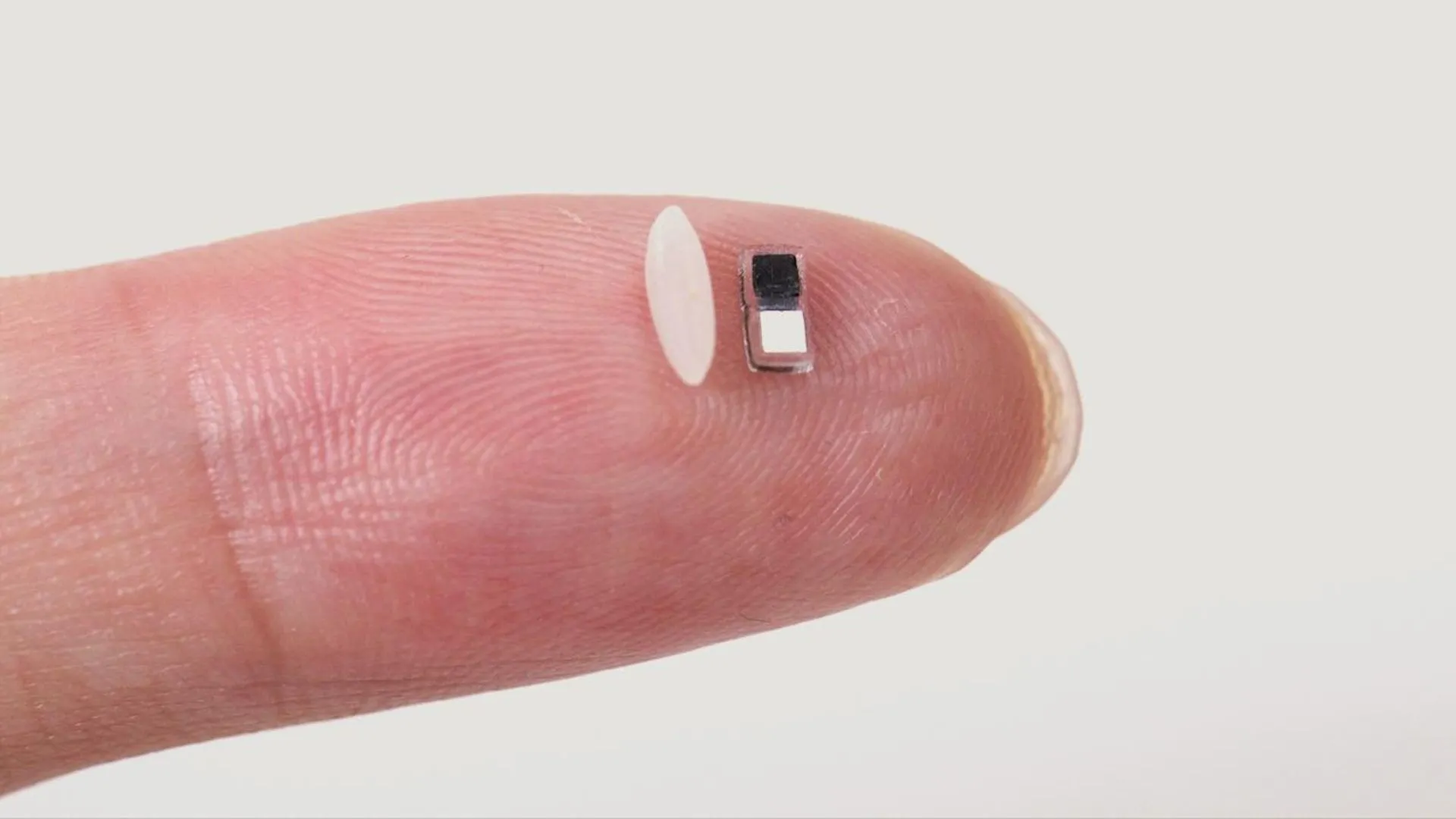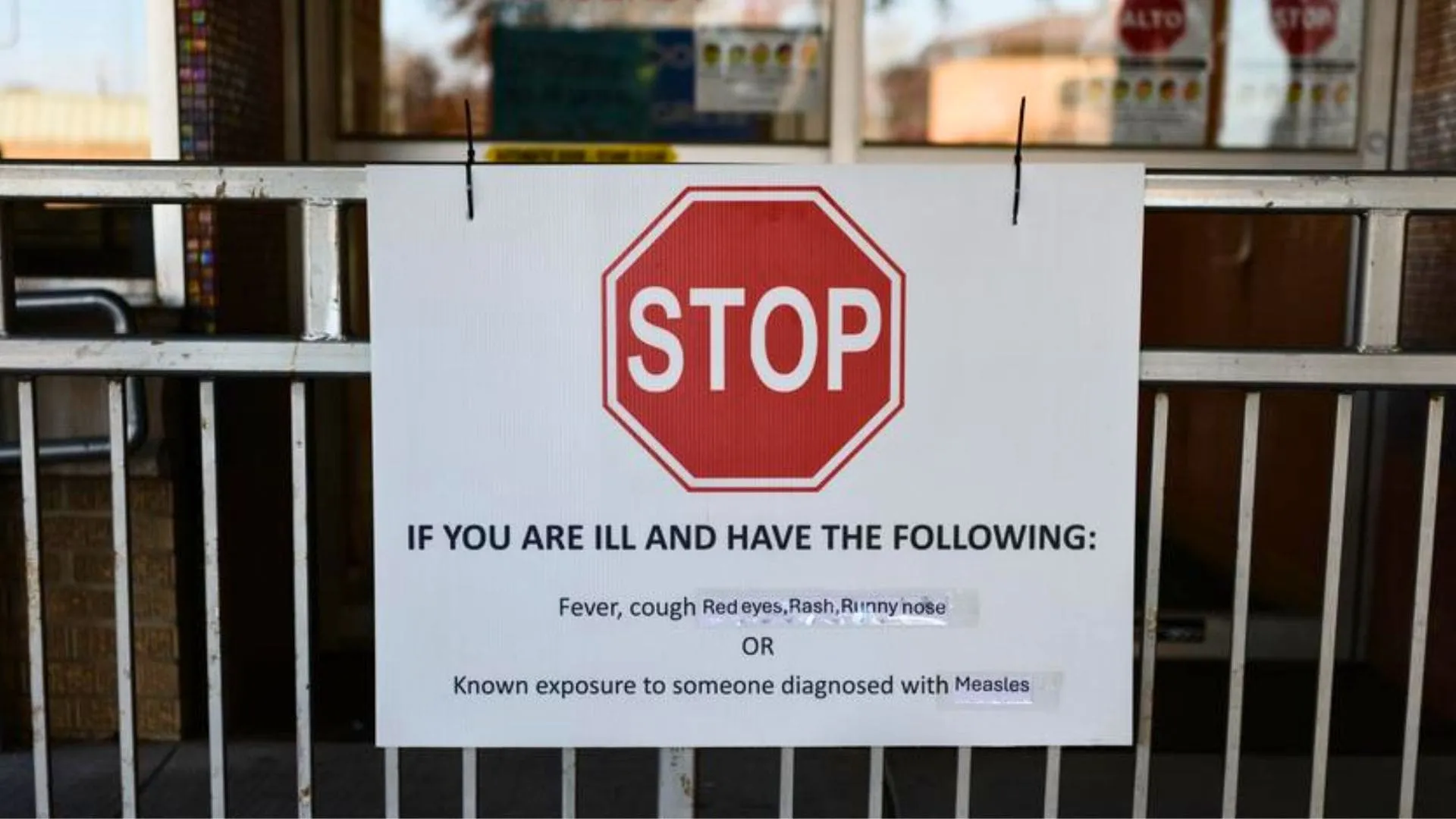Recent research has established a significant link between attention-deficit/hyperactivity disorder (ADHD) symptoms and the initiation of nicotine and tobacco use among U.S. youths. A comprehensive cohort study published in JAMA Network Open examined this association, revealing that adolescents exhibiting pronounced ADHD symptoms are at a notably higher risk of beginning e-cigarette use, cigarette smoking, and other tobacco products. This connection underscores the importance of early diagnosis and effective management of ADHD to mitigate the risk of subsequent nicotine and tobacco use.
Study Overview
The study analyzed data from the Population Assessment of Tobacco and Health (PATH) Study, focusing on a nationally representative sample of 13,572 U.S. youths aged 12 to 17 years. Researchers assessed ADHD symptom severity and tracked the onset of nicotine and tobacco use over a nine-year period. Participants were categorized based on ADHD diagnosis, symptom severity, and whether they received pharmacotherapy for ADHD.
Implications for Prevention and Treatment
The findings highlight the critical role of early ADHD diagnosis and comprehensive treatment plans that address both behavioral and pharmacological needs. Interventions should not only aim to manage core ADHD symptoms but also incorporate strategies to prevent the onset of substance use. This could include counseling, education on the risks of nicotine and tobacco use, and monitoring for early signs of substance experimentation.
Broader Context
The study’s results align with previous research indicating that individuals with ADHD are more susceptible to substance use disorders. The impulsivity and inattention characteristic of ADHD may contribute to a higher propensity for experimenting with substances like nicotine. Given the rising popularity of e-cigarettes among adolescents, understanding and addressing the unique vulnerabilities of youths with ADHD is more crucial than ever.
This research underscores the necessity for healthcare providers, educators, and parents to be vigilant in recognizing and addressing ADHD symptoms early. By implementing comprehensive treatment and prevention strategies, it may be possible to reduce the risk of nicotine and tobacco use among this vulnerable population, ultimately leading to better long-term health outcomes.






















